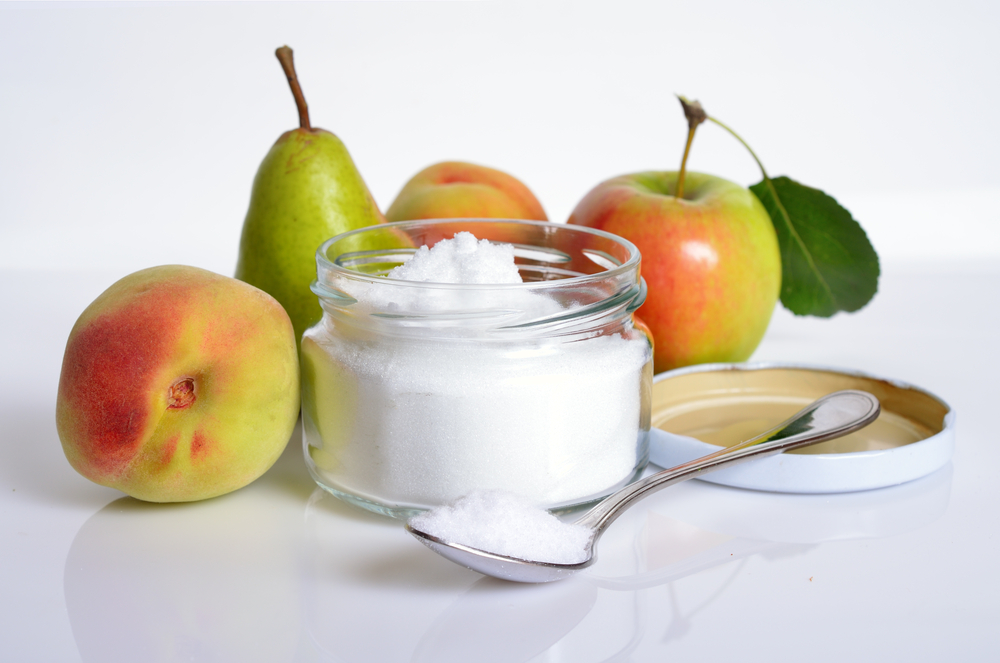Contents:
- Medical Video: Pediatric Food Allergies: The Latest in Diagnosis, Treatment, and Trials
- Is my child at risk for allergies?
- Tips to prevent allergies in your child
- 1. Give your baby exclusive breastfeeding
- 2. Give solid food to the baby when he has reached 6 months
- 3. Avoid cigarette smoke
- Do pregnant women need to limit certain foods so that children are not allergic?
Medical Video: Pediatric Food Allergies: The Latest in Diagnosis, Treatment, and Trials
Allergy is a hypersensitivity reaction that occurs due to a disruption in the immune system. Allergic disease is one of the non-communicable diseases which is still a health problem in 30 to 40 percent of the world's population, with the incidence increasing steadily lately. Most of the population are children. Unfortunately, until now the cause of allergies is not known with certainty. However, that does not mean allergies cannot be prevented. Check out the following tips to prevent allergies in children.
Is my child at risk for allergies?
Before discussing what can be done to prevent allergies, first know who is at risk. Recognizing the risk of allergies in children is important so you can determine the right steps in preventing allergies.
The risk of allergies in children is determined based on the presence or absence of a history of atopic disease (genetic predisposition to form antibodies specific to an allergic cause) in the family, both to grandparents, parents, and siblings. For example atopic dermatitis, asthma, or allergic rhinitis.
Tips to prevent allergies in your child
According to the Indonesian Pediatrician Association (IDAI), there are several recommended ways to prevent allergic diseases in children.
1. Give your baby exclusive breastfeeding
ASI plays a role in maintaining the health of the mother and baby. Breast milk is the most natural food and has good psychological effects for the mother and baby. There is research that suggests that exclusive breastfeeding for six months can prevent the occurrence of allergic diseases in children.
Breast milk contains immunomodulatory components such as sIgA (Secretory Immunoglobulin A) and lactoferrin which play a role in maintaining the balance of bacterial colonies in the intestine. This has been known to play a role in inhibiting the appearance of allergies. In addition, breast milk is also rich in various types of cells in the immune system that can strengthen the immune system of infants who have not fully developed.
2. Give solid food to the baby when he has reached 6 months
Solid food can begin to be given to children aged 4-6 months gradually according to age. Early introduction of solid food before the age of 4-6 months and delaying the introduction of solid foods can increase the risk of allergic disease. Restrictions on certain foods are not needed to prevent allergies.
3. Avoid cigarette smoke
Exposure to cigarette smoke during pregnancy, after birth, childhood and adolescence is associated with an increased risk of allergic disease. Therefore, a clean and smoke-free environment can prevent allergies.
In addition, being an active and passive smoker in childhood and adolescence is associated with an increased risk of allergies, especially food allergies. Therefore, it is important for parents to monitor and educate your child to stay away from cigarette smoke.
Do pregnant women need to limit certain foods so that children are not allergic?
Food restrictions on pregnant and lactating mothers to prevent child allergies are actually not needed. Conversely, restrictions on food during pregnancy can actually have a negative impact on the adequacy of maternal and infant nutrition.
In addition, providing additional supplements for pregnant women such as fish oil to prevent allergies in children has also not been recommended by doctors and health workers. This is because until now there is still no strong research evidence.












